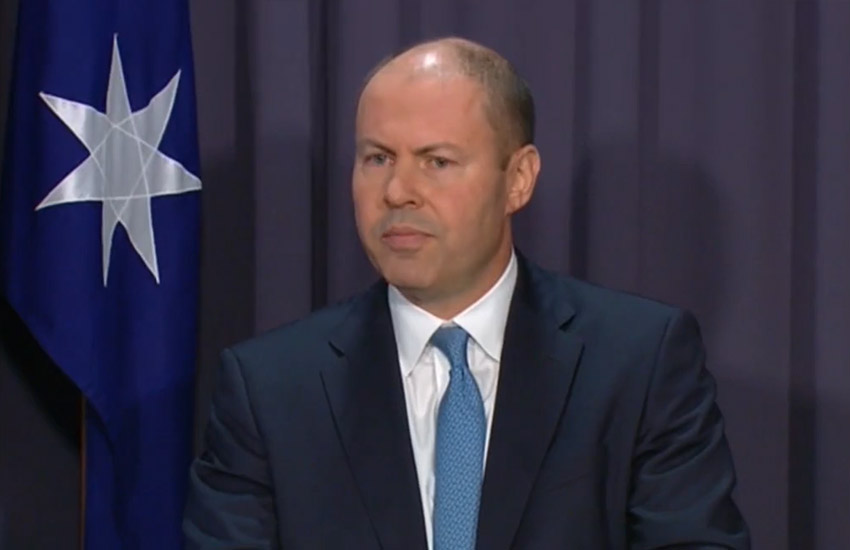Key budget incentives stall on starting line
TaxUncertainty clouds 120 per cent deductions for skills and technology investment.

Small businesses have been left in the dark about key budget investment incentives after they were omitted from legislation enabling other measures last week.
The Skills and Training Boost and Technology Investment Boost apply to eligible expenditure incurred from budget night itself, but tax professionals said there is too much doubt for small businesses to spend.
“We are receiving lots of queries on what’s in, what’s out. In the absence of legislation accountants cannot provide certainty to clients,” said Tony Greco of the IPA.
He said the lack of any parliamentary sitting days until August plus the upcoming election meant a lengthy wait before the details would be known – if at all.
The Tax Institute’s general manager, tax policy and advocacy, Scott Treatt, said the fate of the incentives hung on the government returning and/or Labor support.
“Hopefully we’ll get clarification in the next few weeks, before we go to the polls, which means that people can go to year-end with certainty,” he said. “But we need Labor to confirm its position,” Mr Treatt said.
Labor has yet to say whether it will support the measure and did not respond to inquiries by Accountants Daily at the time of writing.
“At least during this election period people will hold off on some of their business decisions – if it was going to influence whether or not they were going to invest in something,” Mr Treatt said.
The budget papers said 120 per cent deductions will be claimable by businesses for spending on external training courses for staff or technology investment that supports digital adoption.
Businesses with less than $50 million turnover are eligible for the deductions, which apply to spending from 7.30pm on budget night with an annual cap of $100,000 on the technology investment.
However, Mr Greco said there was simply insufficient detail around what digital products were included and also about which training course providers would qualify.
“It does say, ‘registered in Australia’, what does that mean? Do they have to be registered training providers? Are there any limitations around what upskilling qualifies?” Mr Greco said.
“What does digital uptake include? Where are the limits? There’s going to be lots of questions around the eligibility criteria.”
He cited a previous FBT exception for electronic equipment, which required a drawn-out definition process to resolve.
Mr Treatt highlighted potential issues around how the measures overlap with existing investment incentives.
“There’s complexity around how it interacts with some of the instant asset write-off provisions, and there are also clawback provisions within some of our laws where there are assets disposals and so on – how it interplays with that, how it interplays with things such as the R&D concessions. We need to work through the complexities,” Mr Treatt said.
CPA Australia senior manager business and investment policy, Gavan Ord, said the draft legislation would have been ideal because, in its absence, the situation was tricky.
“We would say to business and advisers: Proceed with caution. There is no law yet; we don’t know the position of the ALP. It’s a time to be cautious, not to rush out and do something that may not be beneficial to your business,” Mr Ord said.
“Until it’s law, it’s not in the law. So as an adviser you can’t advise on it.
“I’d encourage practitioners to follow the but-for rule: if you wouldn’t make this investment but for this incentive, don’t make the investment. If you are going to invest in technology and you were regardless of this announcement, go ahead. But don’t bring forward any technology investment until we’re all more certain about what the position will be.
“Ideally the next government will proceed with this very quickly after the election.”




